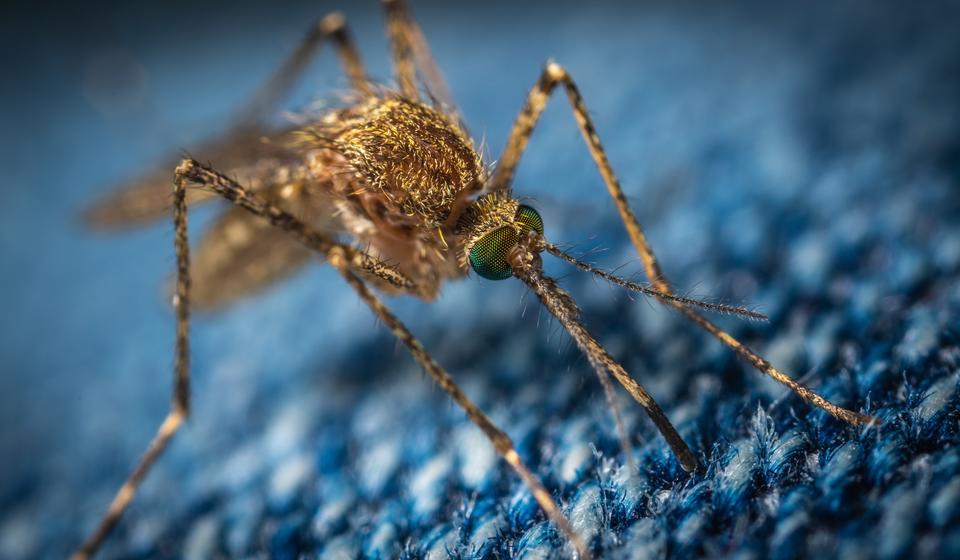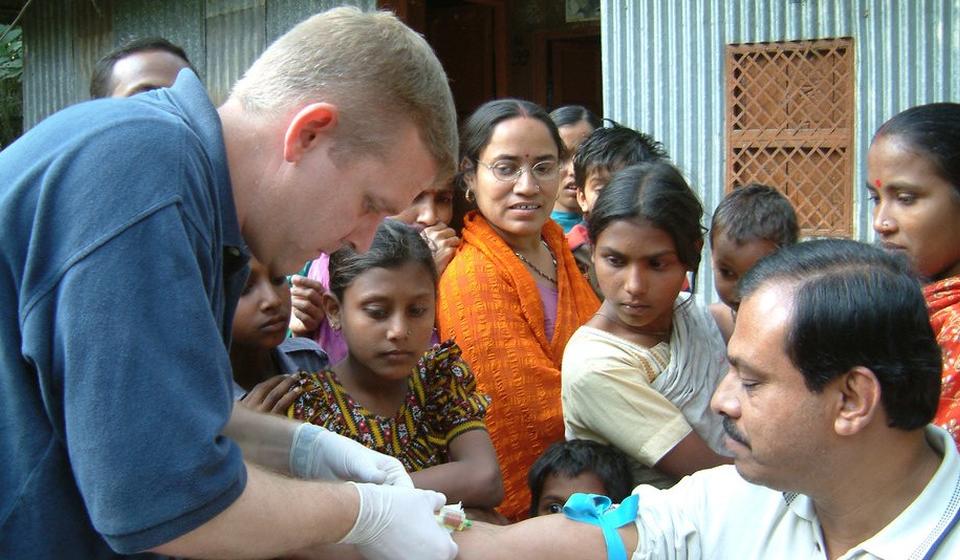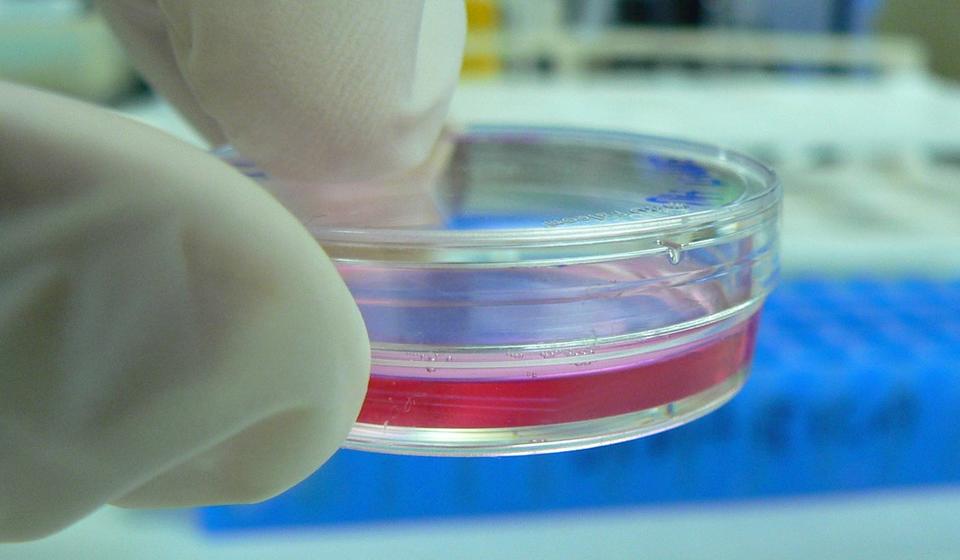Tag:
Public Health
Despite a seemingly endless winter of dangerous wind chills and unrelenting snow, spring arrived in Minnesota and brought with it eager warm-weather outdoor enthusiasts, fragrant spring flowers, and one big stinky problem: dog poop.
As senior veterinary students around the country celebrate the completion of their didactic learning and enter into their long-awaited and hard-earned lifetime of experiential learning, it’s important to revisit the striking findings from CDC’s December 2018 study.
The Summer Public Health Institute is held annually by the University of Minnesota School of Public Health. This unique program brings together over 40 experts in public health to teach a wide variety of intensive one-week courses on applied public health topics, from Fundamentals of Data Visualization in R (a statistical program) to Principles of Risk Communication.
The Iowa state veterinarian confirmed the discovery of multiple cases of canine brucellosis at a dog breeding facility in Marion County, Iowa, last week. The animals and the facilities are currently under quarantine.
This week I participated in the 68th annual Epidemic Intelligence Service (EIS) conference in Atlanta, Georgia. While sitting in a large conference hall listening to the many EIS officers discuss fascinating epidemiology case investigations, I decided to share what I learned about the EIS program so far.
Since the Missouri legislature banned lab-grown products from using “meat” in their labels, North Dakota, South Dakota, Kentucky, Mississippi, and Wyoming have all followed suit. Montana will likely join if the governor signs the “Real Meat Act.”
As a worker proceeds through their career and gains experience and perspective, they generally become more competent at their position. In certain cases, particularly challenging times may accelerate this process and potentially separate out the competency in performance of those who experienced the event and those who did not. Examples could include a company merger, a large lawsuit, or needing to perform a rare surgical procedure.
The Minnesota Department of Health (MDH) released a report in conjunction with the University of Minnesota demonstrating the economic benefits of removing all lead from drinking water infrastructure. The report states the total cost to remove all lead would be just over $4 billion, but the economic and public health benefits would surpass $8 billion.








